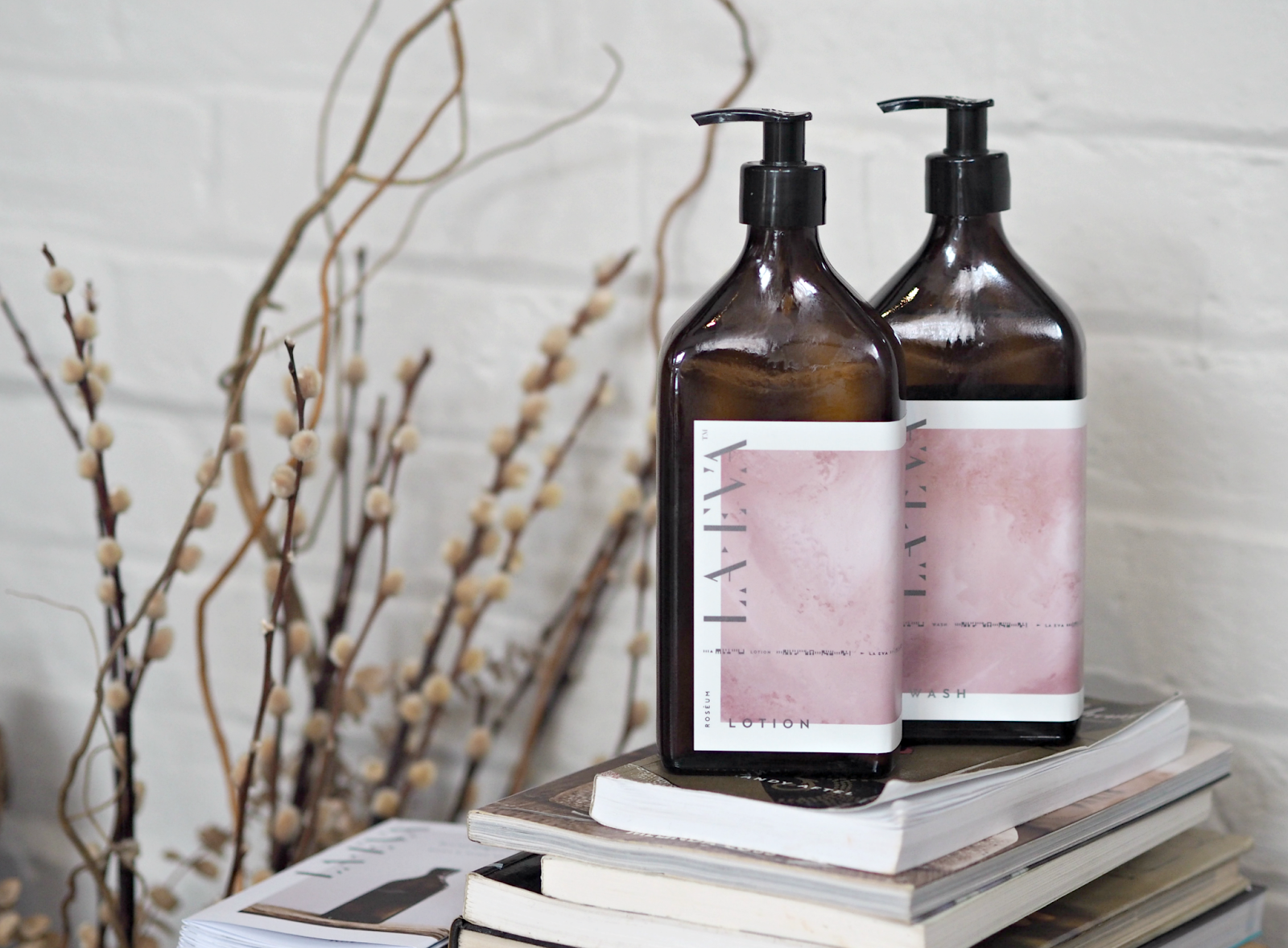
The Soil Association is the UK's leading certification body that aims to make this process clearer, certifying brands and products in order to provide consumers with the tools they need to make informed purchasing decisions. Their certification stamp gives consumers the confidence to know that what they are buying is truly organic; from the beautiful plants and herbs used in the formulas, to the non-organic ingredients that are left out, everything is checked to ensure it's 100% true to its claims. In order to use the 'stamp of approval', brands have to provide detailed requirements on their ingredients and manufacturing processes, meaning the quality and values that organic embodies are preserved; you can therefore trust that what you are buying is the real deal. A product can only be called 'organic' by The Soil Association standards when 95% of the ingredients are organic; however, without this a brand could claim their product is 'organic' with as little as 1% organic ingredients. It's no wonder we're all a little confused.
To help us make better and more informed decisions, The Soil Association is today launching Organic Beauty & Wellbeing Week and rekindling their 'look for the logo' campaign - which encourages consumers to always look for their stamp of approval if they want to buy organic. To kick this off they're hosting their very first pop-up organic beauty and wellbeing shop (Protein Studios, New Yard Inn, Shoreditch) until 21st May, where you can meet brand founders, shop new product ranges, sit in on panel discussions, take part in workshops and discover some of the very best in the organic beauty and wellbeing business. If you want to know the kinds of brands that ARE certified as organic by The Soil Association, then they include: Neal’s Yard, Pai, Therpai, Skin & Tonic, Bamford, Botanicals, Terre Verdi, Voya, Odylique, Herbfarmacy, Nourish, Green People, La Eva, Lulu & Boo and Balm Balm among many others.
Personally I would like the Advertising Standards Authority to put some clear guidelines in place that stop a lot of the 'me too' marketing from happening, helping consumers from making better decisions that are right for them. Whether you choose to embrace organic or not is up to you, but it's incredibly frustrating when brands put 'Organic' in the name when they're about as organic as a bottle of Fairy Liquid; it's even more frustrating when they jump on the bandwagon of an organic movement and dupe consumers into thinking they're buying better. Personally I don't opt for organic over non-organic, but if there's an organic version that's just as good then I'll embrace the swap wholeheartedly; chemicals aren't always as scary as the media makes out, but if you have sensitive skin or are prone to irritation then shopping organic could be a wise move. There's so much more to the organic market than first meets the eye, but the important thing is to be informed and do your research if it's something that's a personal priority. Until there's a legal standard in place to protect consumers, we all need to wise up and shop smart.


Organic Beauty & Wellbeing Week takes place 15th-21st May 2017. Find out more about the week long celebrations and the Soil Association's 'look for the logo' campaign on their website.
Pictures, La-Eva, an organic soap and body lotion brand that's just launched in the UK. Find out more on their website, or read my original post here.
Features PR samples unless otherwise stated. To read my full disclaimer, click here.


This was really helpful. I never know what to trust and there are so many sneaky ways to pretend you're organic now. I'll definitely be looking out for key information now.
ReplyDeleteGlad it helped! There's a tonne of sneaky tactics that are used now and it does make me seethe a little inside.
DeleteSuch a helpful post! I can't believe there aren't any laws in place, I'll definitely be looking for logos xo
ReplyDeleteemsirose.blogspot.com
Thanks for all the great information. It is so confusing as so many brands claim to be organic and natural etc but hopefully going forward it will be easy to see which is which. I will be sure to look out for the Soil Association logo. I also read an article about La-Eva products in Get the Gloss newsletter and can't wait to try them, they seem fabulous and I love the packaging too!
ReplyDelete